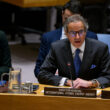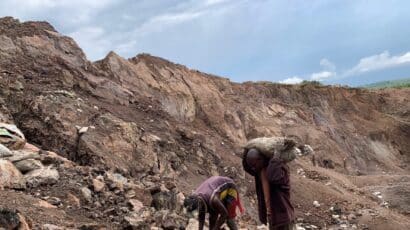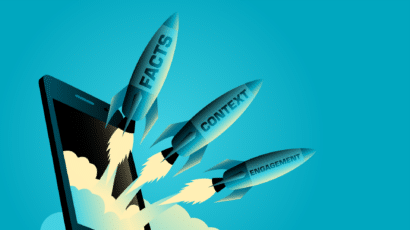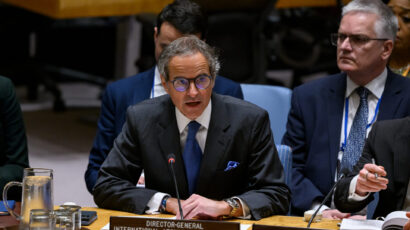Some biological information should be restricted
By Leonid F. Ryabikhin, November 29, 2007
Security experts, members of the arms control community, and bioscientists routinely name
bioterrorism as one of the most challenging threats to national and international security. In my
view, they have overestimated the potential use of biological agents by terrorist groups or
irresponsible regimes.
Most states have no reason–political, military, nor economic–to unleash a bioweapons attack.
Some regimes or states dream about possessing a means to deter aggressors and may consider
obtaining bioweapons the easiest way to do this. But developing bioweapons is a difficult and
sophisticated task, which requires a high-level of scientific and technological know-how. Numerous
other obstacles make this task extremely complicated.
Speculation that an individual with limited scientific knowledge could make a dangerous bioagent
in an ordinary kitchen does not reflect reality. The major bioterrorist is mother nature. Nations,
public health authorities, and the scientific community must jointly build the robust biodefenses
necessary to combat existing and emerging infectious disease outbreaks, both natural and
intentional.
We can, however, reduce further the already low risk of deliberate bioattack. We need to
strengthen the nonproliferation regime and work to improve implementation of the Biological and
Toxin Weapons Convention. And the international community of bioscientists must work to prevent the
misuse of advances in the life sciences, such as the ability to synthesize bioagents from
scratch.
How do we do this? We can implement ethical norms, such as codes of conduct or laboratory best
practices, and turn to law enforcement. But we also must think about how to control access to
sensitive biological information, including the genetic information of organisms. I agree that we
cannot close access to already available genetic information. Such information is vital and useful
for constructing new drugs and vaccines against existing and newly emerging infectious
diseases.
The international community and World Health Organization (in cooperation with other
international organizations) have established and implemented international standards for the safe
and secure handling of pathogens in diagnostic and research laboratories, in health care and
pharmaceutical facilities, and in transport. The control of sensitive biological information must
be integrated into these international biosafety rules and regulations.
Additionally, the dissemination of sensitive information in the life sciences has to be properly
controlled, and access to some information must be restricted. Scientists and analysts must also be
very cautious in discussing biosecurity problems publicly. In many forums, even in popular movies,
an individual can find “useful” information to create panic and instability by misusing life
science research for criminal or terrorist purposes. We need to continue to explore possible ways
to control bioinformation.
Share: [addthis tool="addthis_inline_share_toolbox"]














